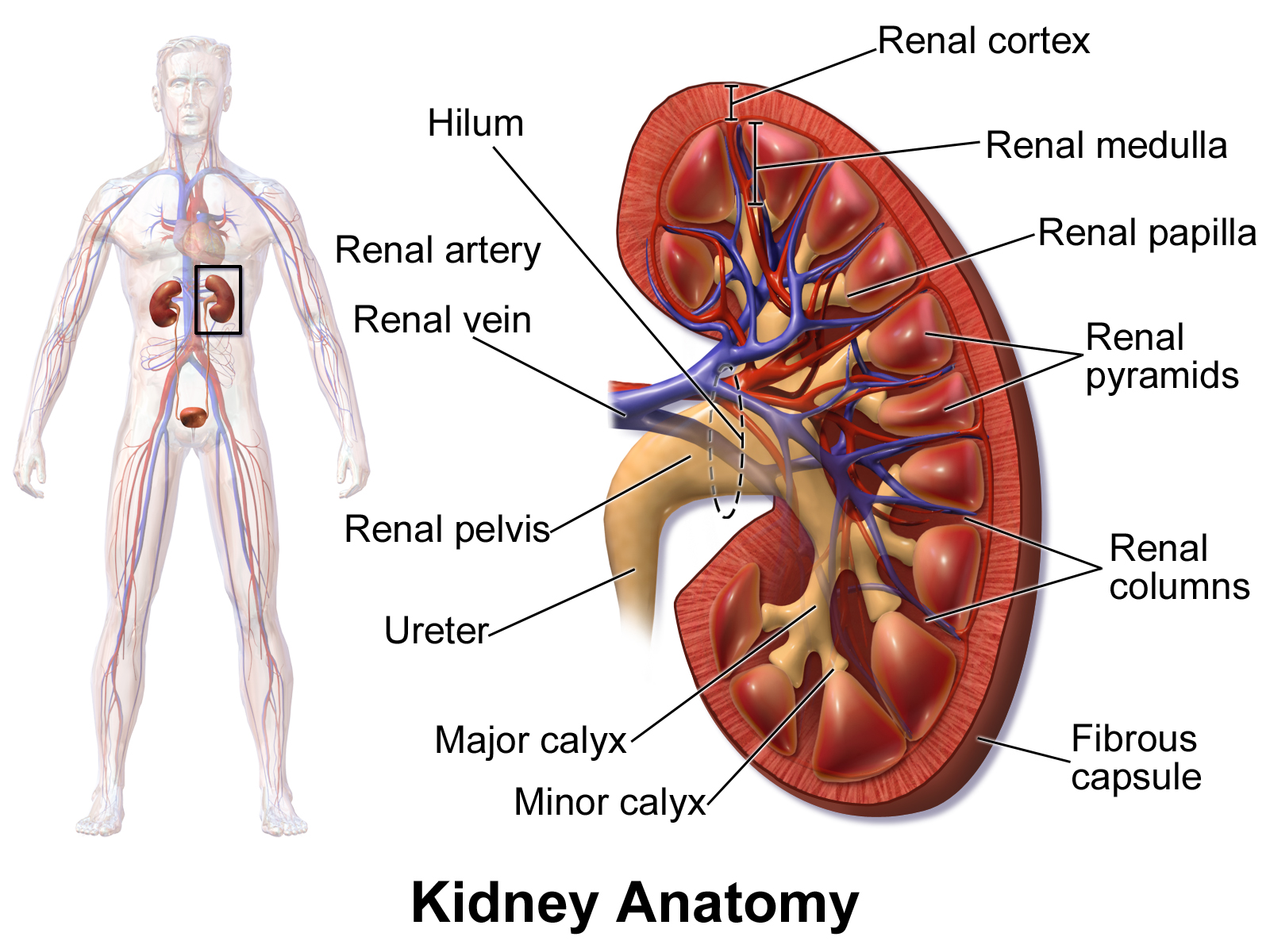Kidneys
Functions of the Kidney
Roles and Functions of the Kidneys in the Body
The kidneys are instrumental in the general functioning of the human body. These bean-shaped organs, situated on either side of the spine, perform a myriad of crucial tasks necessary for achieving balance within the body and ensuring optimal health.
A primary function of the kidneys is blood filtration, removing waste products and toxins. Our blood is ceaselessly circulating through our kidneys throughout the day. As it does so, the kidneys extract wastes such as urea, surplus salts, and toxins. This filtration process is critical in providing a balanced internal environment, devoid of detrimental substances that could impede our bodily functions.
In tandem with waste filtration, the kidneys also adjust the body’s fluid equilibrium. They achieve this by re-absorbing key substances like water, electrolytes (including sodium, potassium, and calcium), and glucose back into the bloodstream, while simultaneously eliminating excess substances. This meticulous regulation of fluid balance ensures our bodies maintain a steady level of hydration and electrolyte concentration, facilitating the optimal functioning of various physiological processes.
Moreover, the kidneys contribute significantly to the control of blood pressure. Special cells within the kidneys release a hormone known as renin, which constricts blood vessels and elevates blood pressure. This mechanism plays a central role in instances where blood pressure sinks too low, as it aids in restoring blood flow to key organs. Additionally, the kidneys regulate blood pressure by filtering vast quantities of blood, which in turn dictates the volume of circulating blood in the body. The larger the volume of blood filtered, the higher the pressure applied on the blood vessel walls, thereby increasing blood pressure.
Yet another critical function of the kidneys is ensuring the acid-base balance. The kidneys regulate the concentration of hydrogen and bicarbonate ions within the body, an essential process in maintaining a stable pH level. Through controlling the excretion and re-absorption of these ions, the kidneys assist in warding off acidosis (an overabundance of acidity) or alkalosis (an overabundance of alkalinity), both of which can have detrimental effects on crucial physiological processes.
Additionally, the kidneys contribute to red blood cell production by generating the hormone erythropoietin. Erythropoietin prompts the bone marrow to boost the production of red blood cells, ensuring an ample supply to carry oxygen throughout the body. This function is vital for the proper oxygenation of tissues and organs, preventing conditions such as anemia.
In summary, the kidneys perform an array of functions critical to maintaining the body’s overall health and proper functioning. Ranging from waste filtration and regulation of fluid balance to controlling blood pressure, maintaining acid-base balance, and assisting in red blood cell production, the kidneys are instrumental in ensuring internal homeostasis. As such, it’s paramount that we prioritize kidney health and take preventative measures against any conditions or diseases that could impede their functionality.

